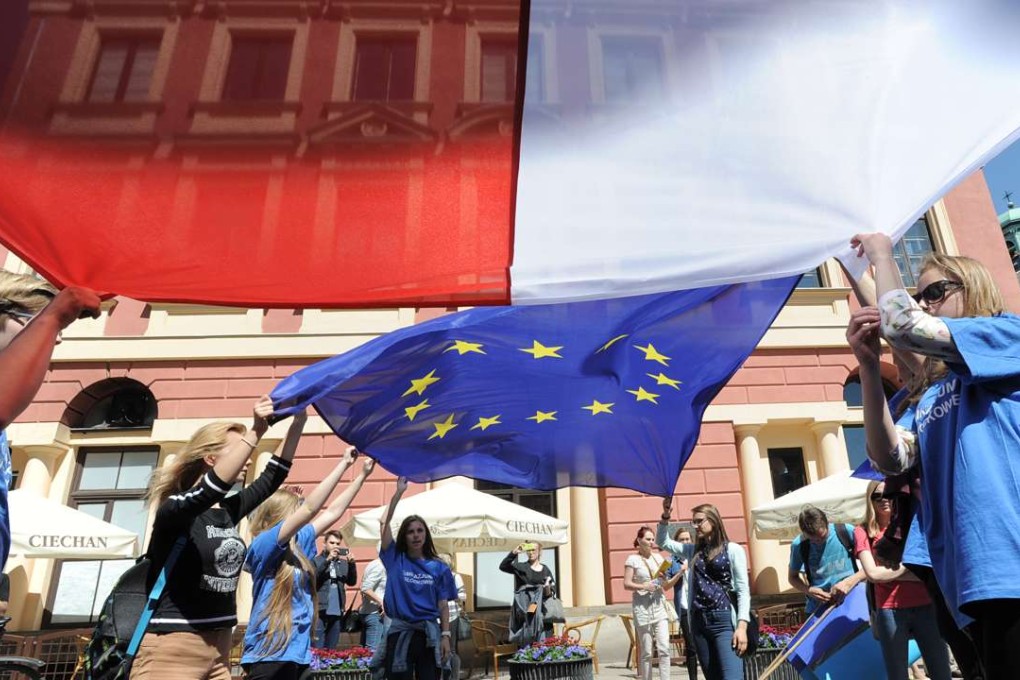Despite its challenges, the European Union remains a key partner for Hong Kong
Vincent Piket outlines the key tasks for the union, 59 years after its birth, and says a reforming Europe will further cement its relations with Hong Kong – and wider China – in diverse fields of cooperation

On May 9, we celebrate Europe Day, the EU’s “national day”. We consider 1957, the year when our founding Treaty of Rome was signed, the European Union’s year of birth. So we are now 59. The past year was a tough one, with EU crisis summits almost every month. While we have booked considerable results, some major challenges remain for the coming year.
What are those challenges? First, our economy. Growth in gross domestic product is projected to be a very decent 1.6 per cent in both 2016 and 2017. Unemployment is down to 10.2 per cent, its lowest level since 2010, although still too high. Other macro indicators are likewise moving in the right direction, including budget deficits, and government debt levels. Investment in the real economy is picking up from abroad and from small and medium-sized enterprises.
Encouraging signs of economic life in euro zone
These good results are thanks to our structural reforms, fiscal discipline and financial sector measures over the past five years. We can be proud of this. Yet, we know that we benefitted from the economic tailwinds of low energy prices and the cheap euro. For 2016 and after, there will instead be headwinds coming from the slowing global economy, including China. More structural reforms are needed in our labour markets, pension systems and social safety nets. Furthermore, we need to complete the liberalisation of the EU’s internal market, especially in key sectors like energy and the digital economy.
Those are complex reforms. Hence, it is clear that our further economic rebound will be marked by more political bumps and potholes, but the reform progress achieved up to now should help sustain the momentum to overcome them.

As Europe discovers, there’s no ignoring the clash of values that comes with a refugee influx
Europe will have to debate how to respond to the needs of its citizens